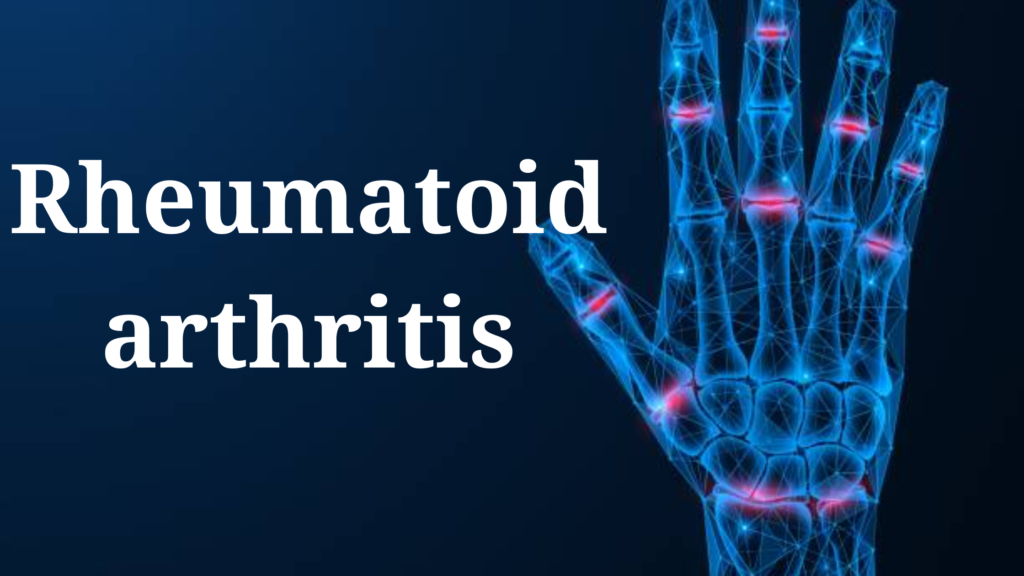Rheumatoid Arthritis (RA) is a chronic autoimmune disease that primarily affects the joints, causing pain, swelling, stiffness, and potentially joint destruction over time. It occurs when the body’s immune system mistakenly attacks the synovium—the lining of the membranes that surround the joints.
🧬 Causes and Risk Factors:
- Autoimmune reaction (exact trigger unknown)
- Genetic predisposition
- Environmental factors (e.g., smoking)
- Gender: More common in women
- Age: Typically begins between ages 30–60
🩺 Symptoms:
- Joint pain, swelling, and tenderness (often symmetrical)
- Morning stiffness lasting more than 30 minutes
- Fatigue, fever, and weight loss
- Small joint involvement (e.g., fingers, wrists)
- As disease progresses: deformities and limited joint function
🧪 Diagnosis:
- Physical exam and symptom review
- Blood tests: Rheumatoid factor (RF), anti-CCP antibodies, ESR, CRP
- Imaging: X-rays, ultrasound, or MRI to assess joint damage
💊 Treatment Options:
Medications:
- NSAIDs – Reduce pain and inflammation
- Corticosteroids – Quick inflammation control
- DMARDs (Disease-Modifying Antirheumatic Drugs) – e.g., Methotrexate
- Biologic agents – Target specific immune pathways (e.g., TNF inhibitors)
Other:
- Physical therapy – Maintain joint function
- Lifestyle changes – Regular exercise, healthy diet, quitting smoking
- Surgery – In advanced cases (e.g., joint replacement)
🌱 Living with RA:
- Early diagnosis and treatment greatly improve long-term outcomes
- RA is not curable, but can often be managed into remission
- Multidisciplinary care approach is beneficial (rheumatologist, physical therapist, etc.)
